Retinol Creams for Different Skin Types
Retinol Creams for Different Skin Types: A Comprehensive Guide
Introduction
Retinol, a derivative of Vitamin A, has become a gold standard in skincare for its remarkable anti-aging and skin rejuvenation properties. However, not all skin types react similarly to retinol. This comprehensive guide is tailored to help you understand how retinol works for different skin types and how to incorporate it into your skincare routine effectively.
What is Retinol?

Retinol is a type of retinoid, made from Vitamin A, widely used in skincare products for its ability to promote skin renewal, reduce acne, and diminish the appearance of fine lines and wrinkles.
Understanding Your Skin Type

Before diving into the world of retinol creams, it's crucial to understand your skin type. Skin types generally fall into five categories: normal, oily, dry, combination, and sensitive.
Normal Skin
Normal skin is well-balanced, neither too oily nor too dry. This skin type can tolerate a range of retinol concentrations.
Oily Skin
Oily skin produces excess sebum, leading to a shiny complexion and acne-prone conditions. Higher concentrations of retinol can be beneficial.
Dry Skin
Dry skin lacks natural oils and may be prone to itching and flaking. A retinol cream with a lower concentration and hydrating ingredients is ideal.
Combination Skin
Combination skin features both oily and dry areas. A balanced retinol cream that doesn’t exacerbate oiliness or dryness is recommended.
Sensitive Skin
Sensitive skin is prone to irritation and redness. Opt for retinol products formulated for sensitive skin, with lower concentrations and soothing components.
Choosing the Right Retinol Cream

For Normal Skin
Look for retinol creams with a moderate concentration of retinol (0.5% to 1%). These creams often contain added antioxidants like Vitamin C for enhanced benefits.
For Oily Skin
A higher concentration of retinol (1% or more) is effective. Products with oil-free and non-comedogenic formulas are preferable to prevent clogging of pores.
For Dry Skin
Retinol creams with hydrating ingredients such as hyaluronic acid or ceramides, and a lower concentration of retinol (0.25% to 0.5%), are ideal for dry skin.
For Combination Skin
A balanced formulation with a medium retinol concentration (0.5%) works well. Look for non-irritating and lightweight formulas.
For Sensitive Skin
Choose retinol products specifically designed for sensitive skin, with lower retinol concentrations (0.25% or less) and soothing ingredients like niacinamide.
Application Tips for Best Results
- Start Slowly: Begin with a lower concentration and gradually increase.
- Frequency: Start applying retinol creams once or twice a week, gradually increasing the frequency.
- Use at Night: Retinol can make your skin more sensitive to sunlight. Apply it at night and use sunscreen during the day.
- Moisturize: Always follow up with a moisturizer to prevent dryness.
Conclusion Retinol is a powerful ingredient in skincare, suitable for a wide range of skin types. By choosing the right product and applying it correctly, you can maximize its benefits while minimizing potential side effects. Remember, patience and consistency are key to achieving the best results with retinol creams.


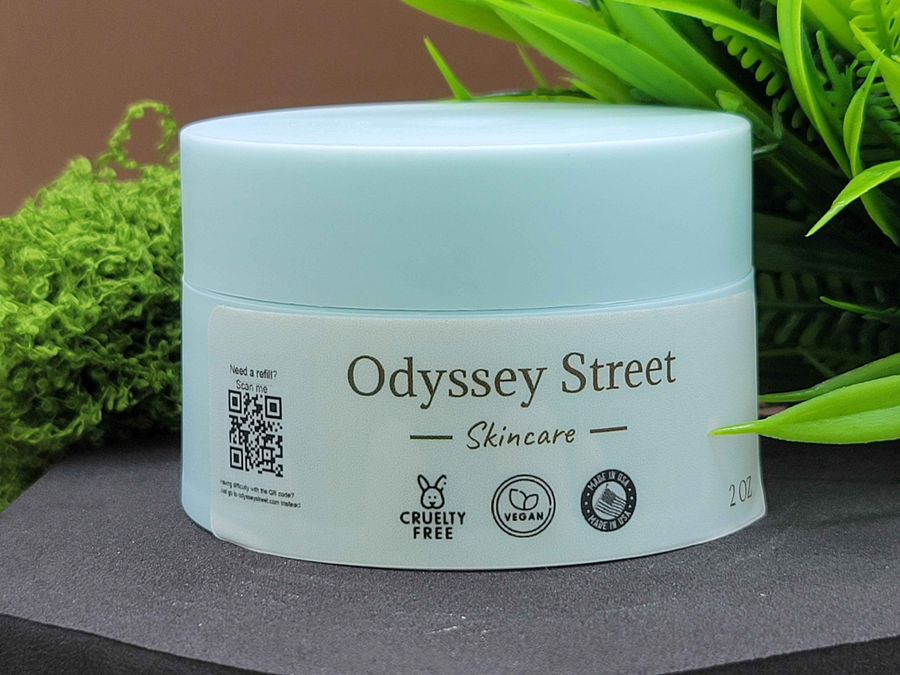
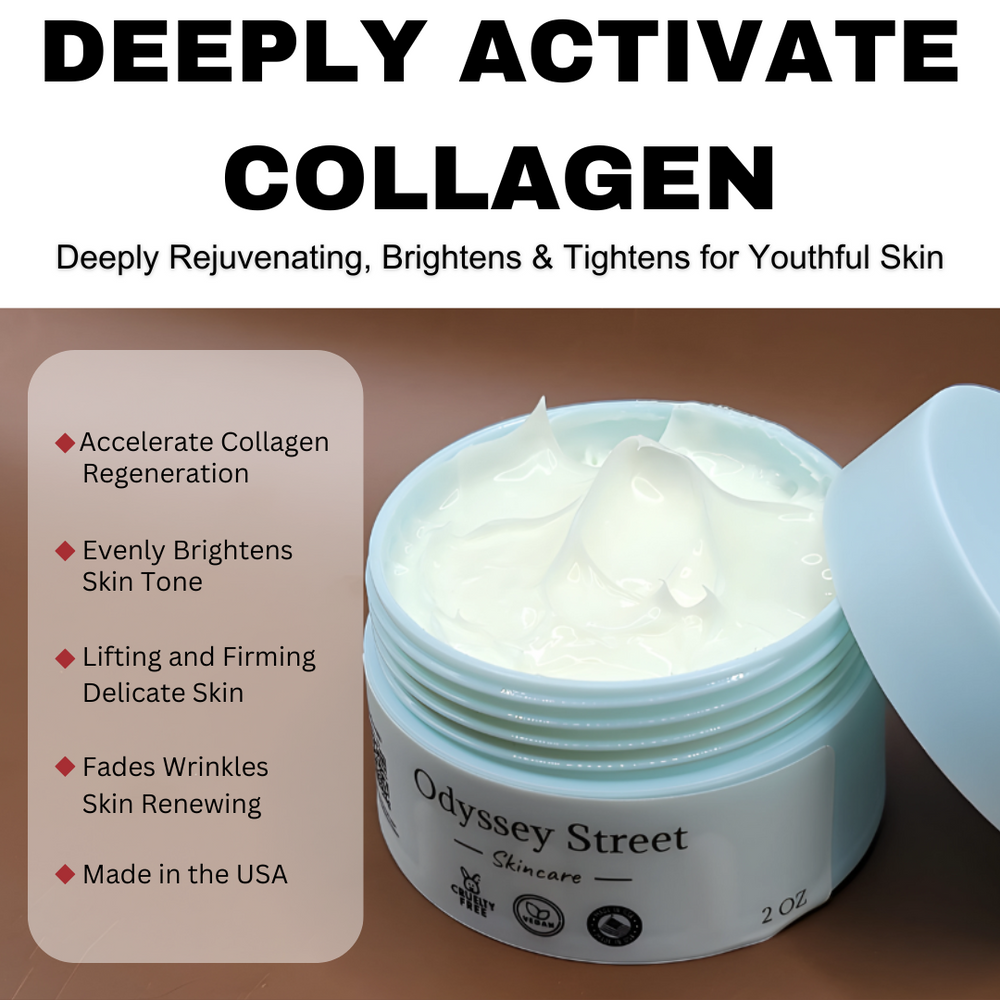




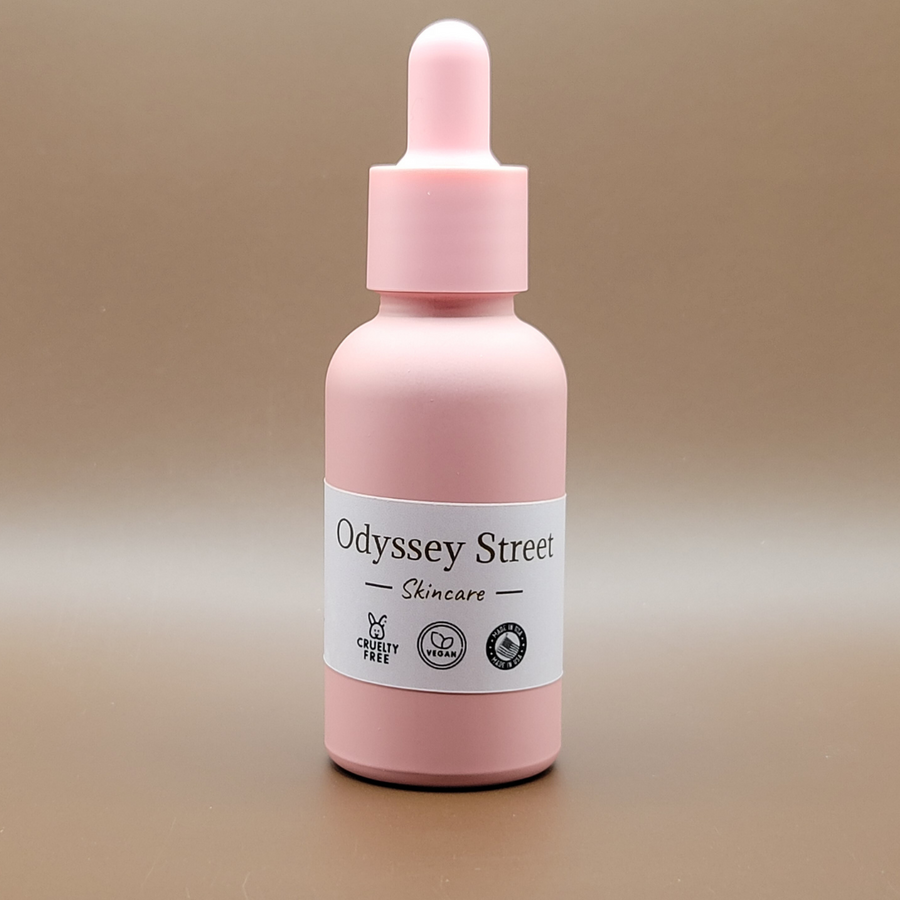
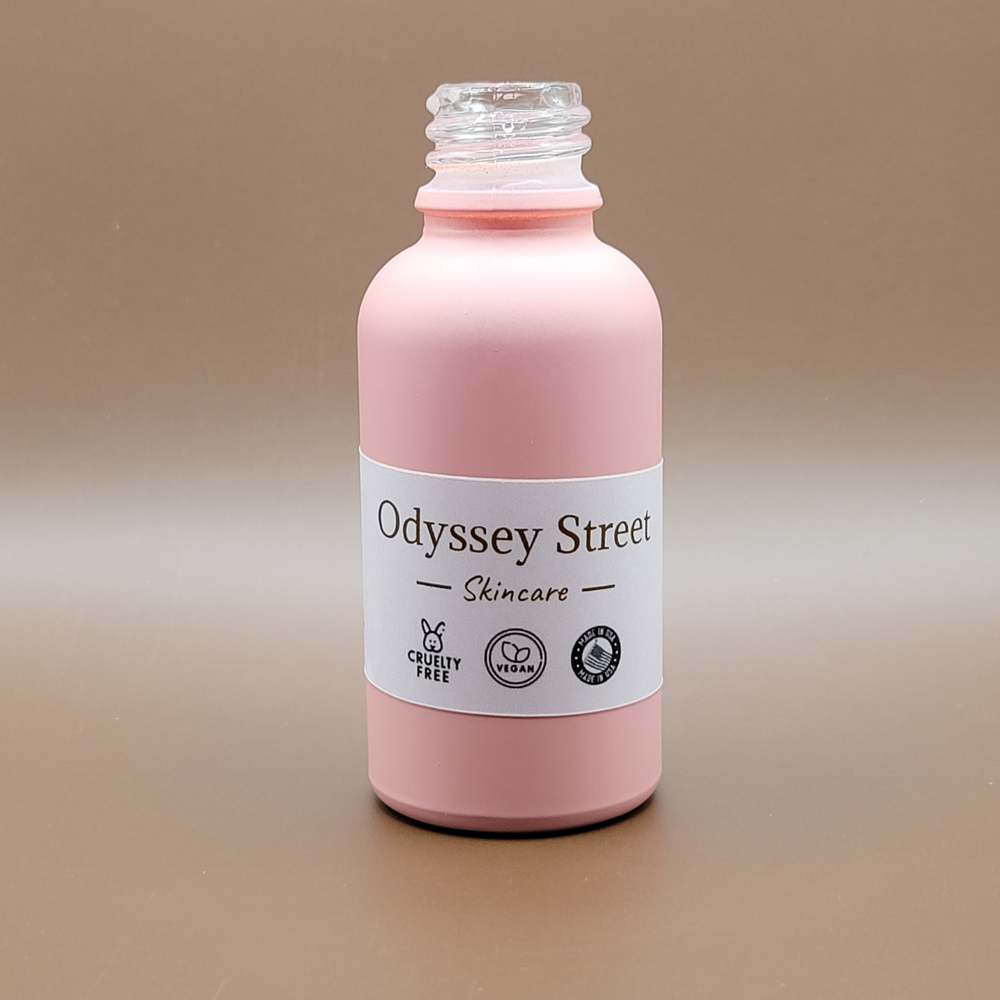
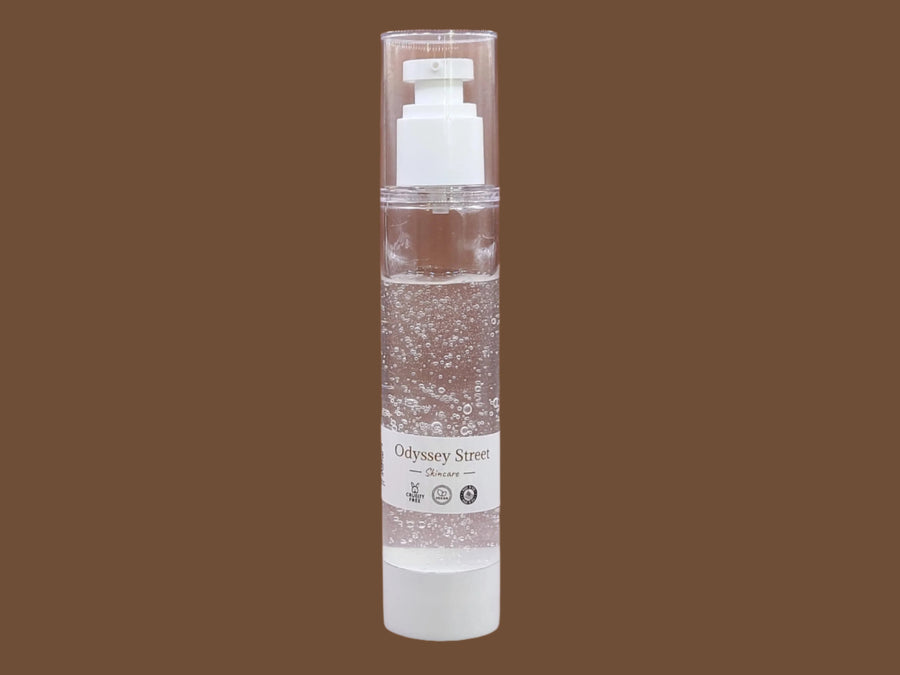
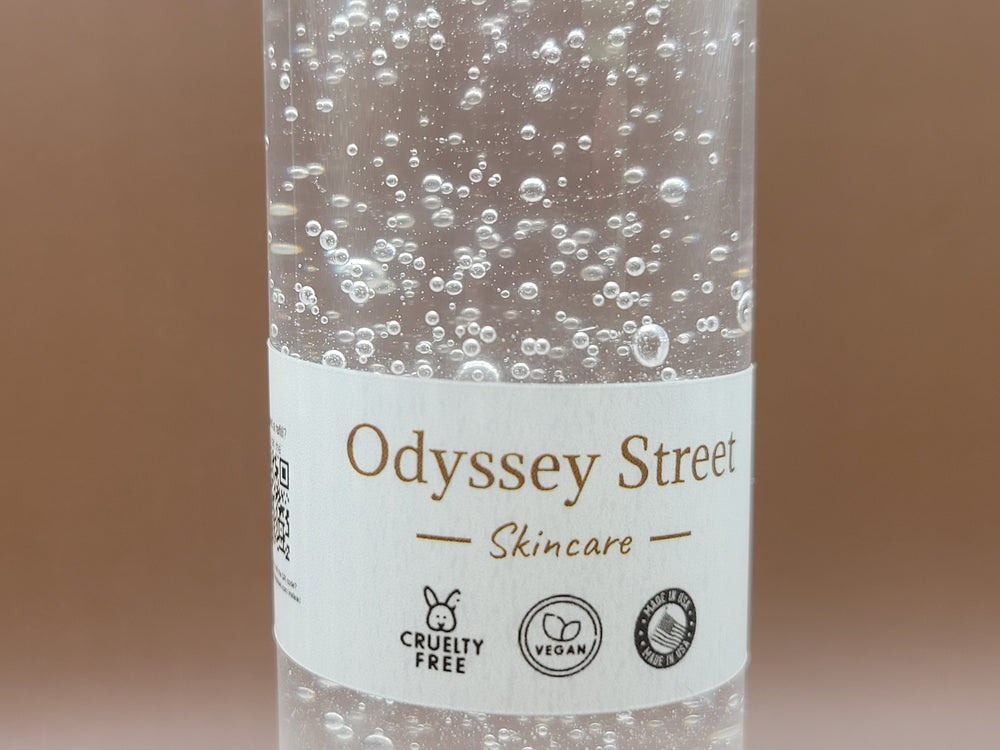
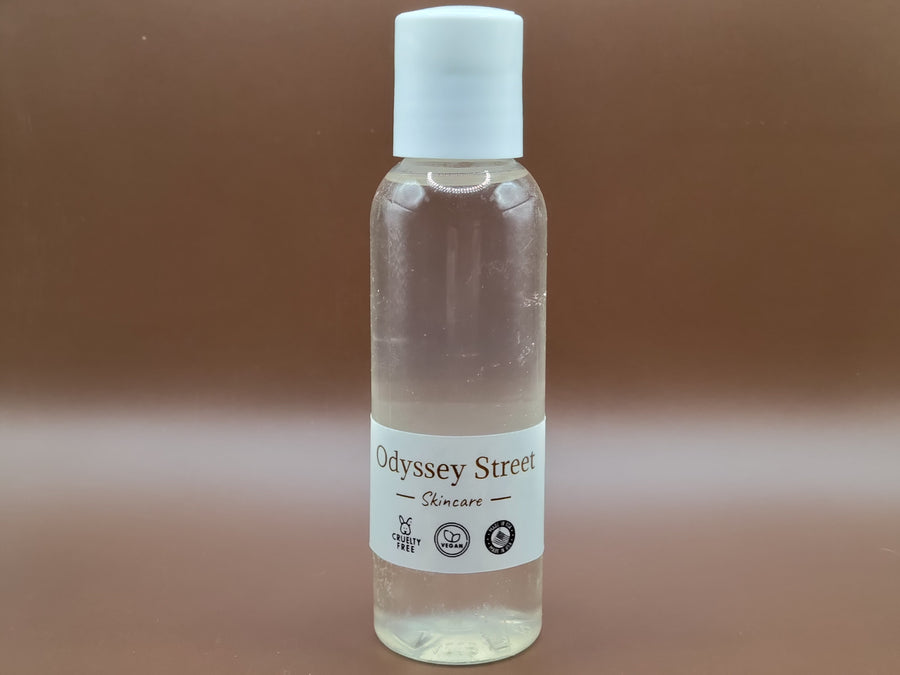
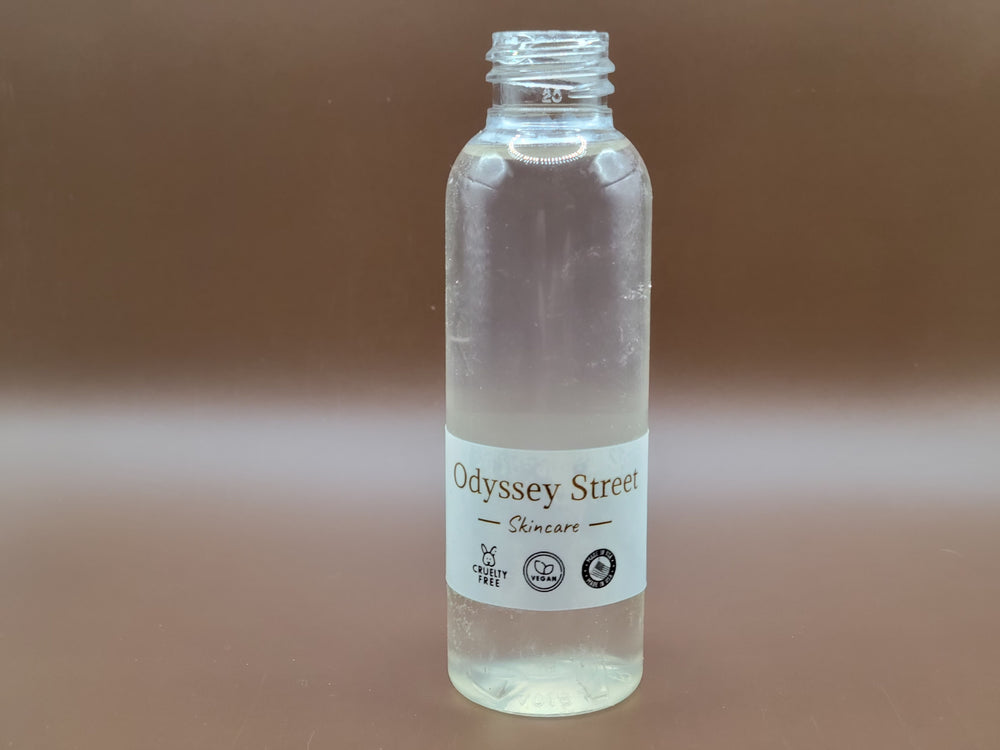
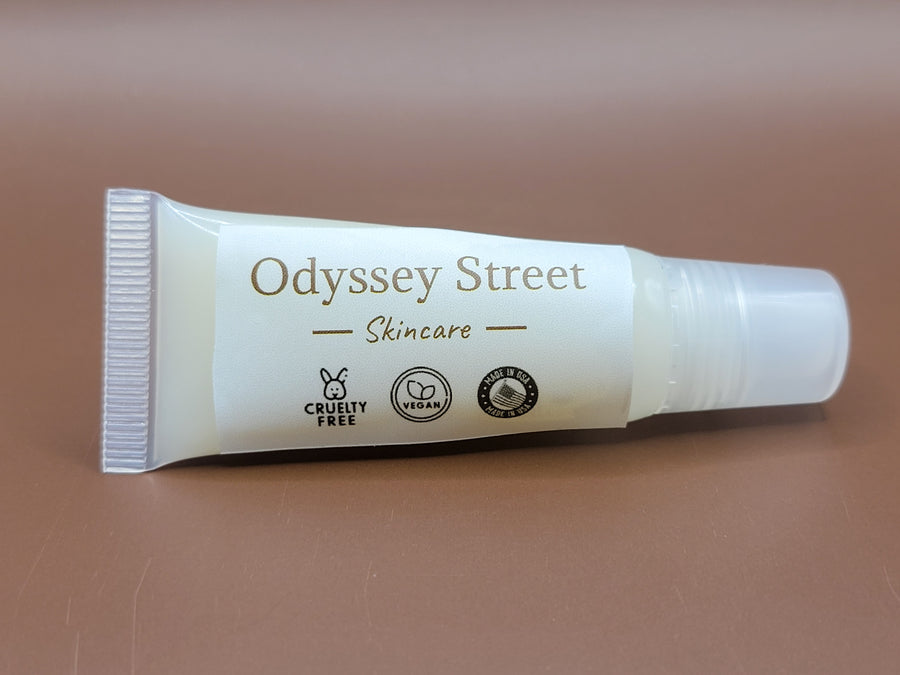
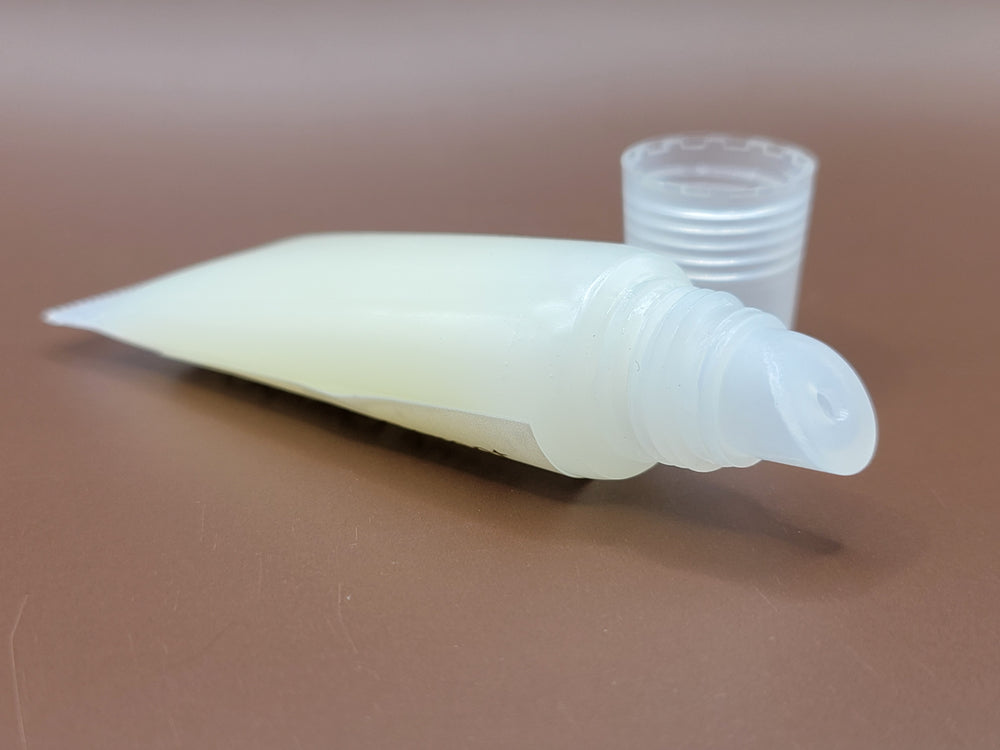
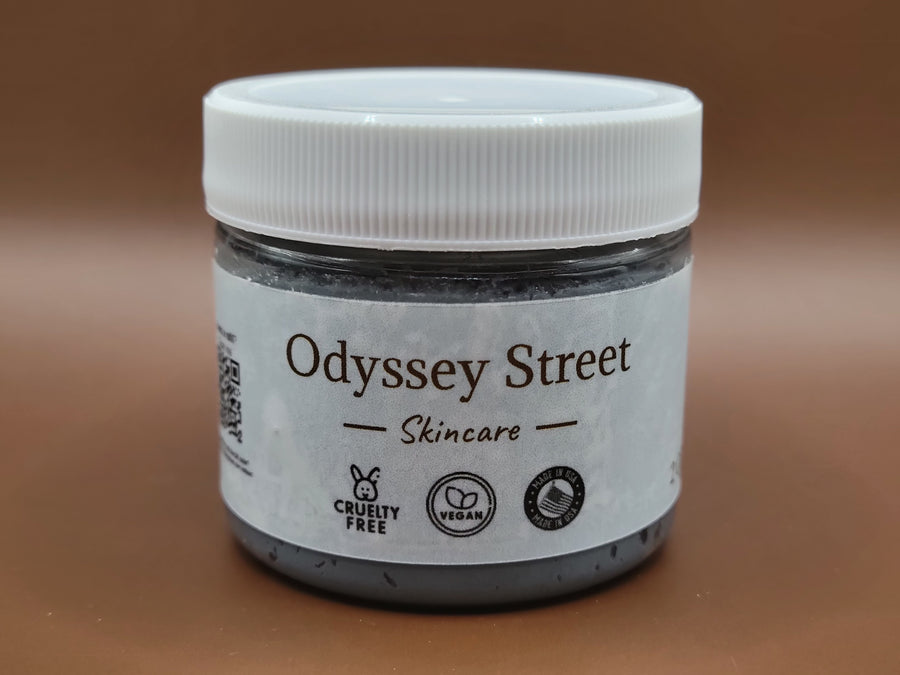
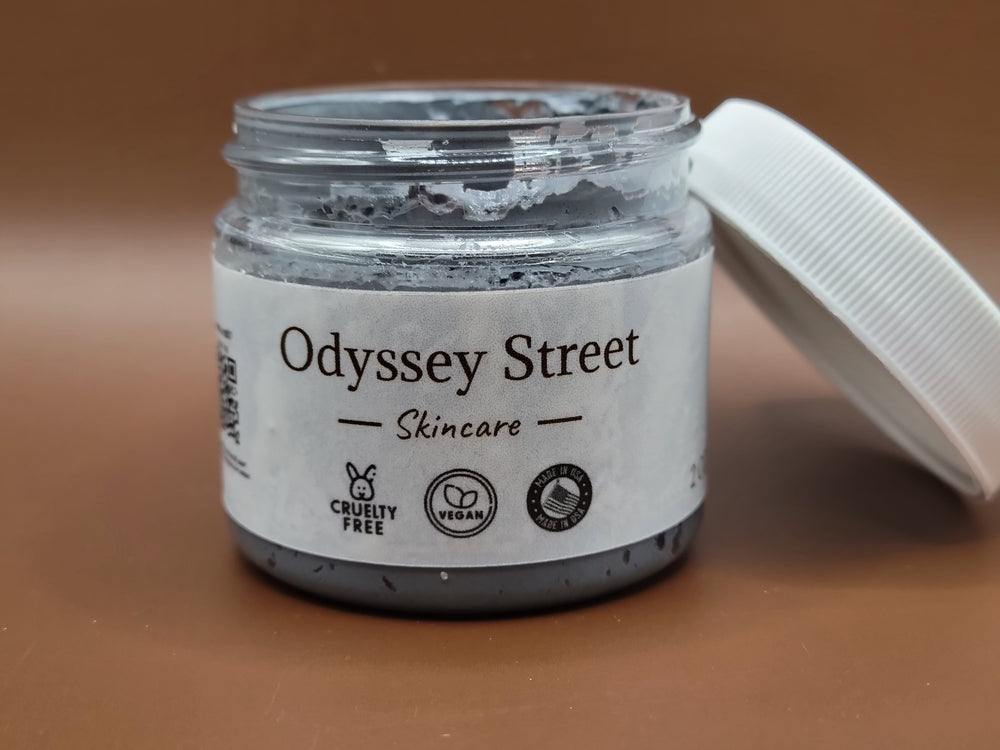
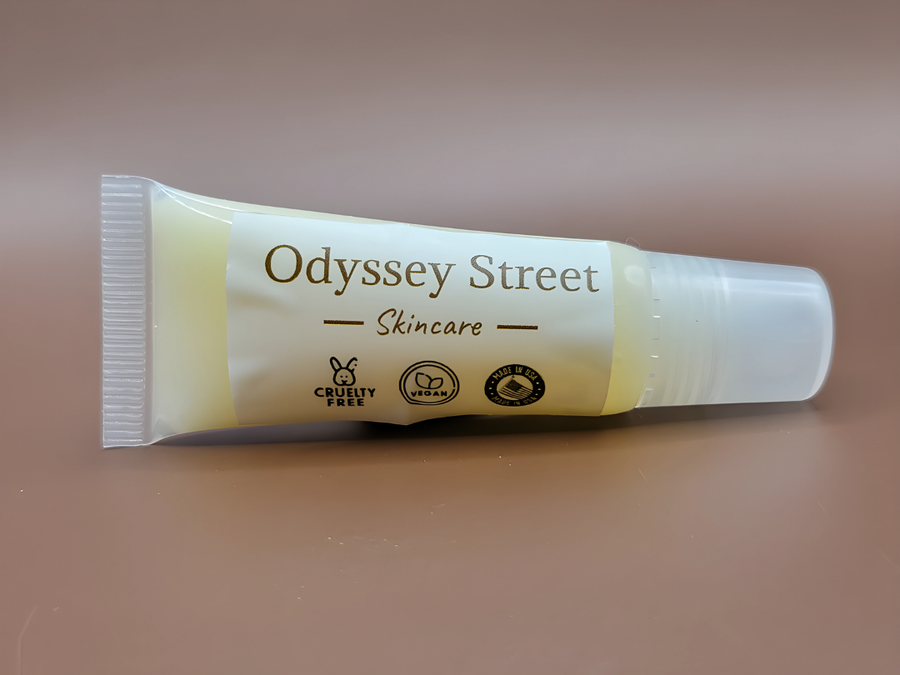
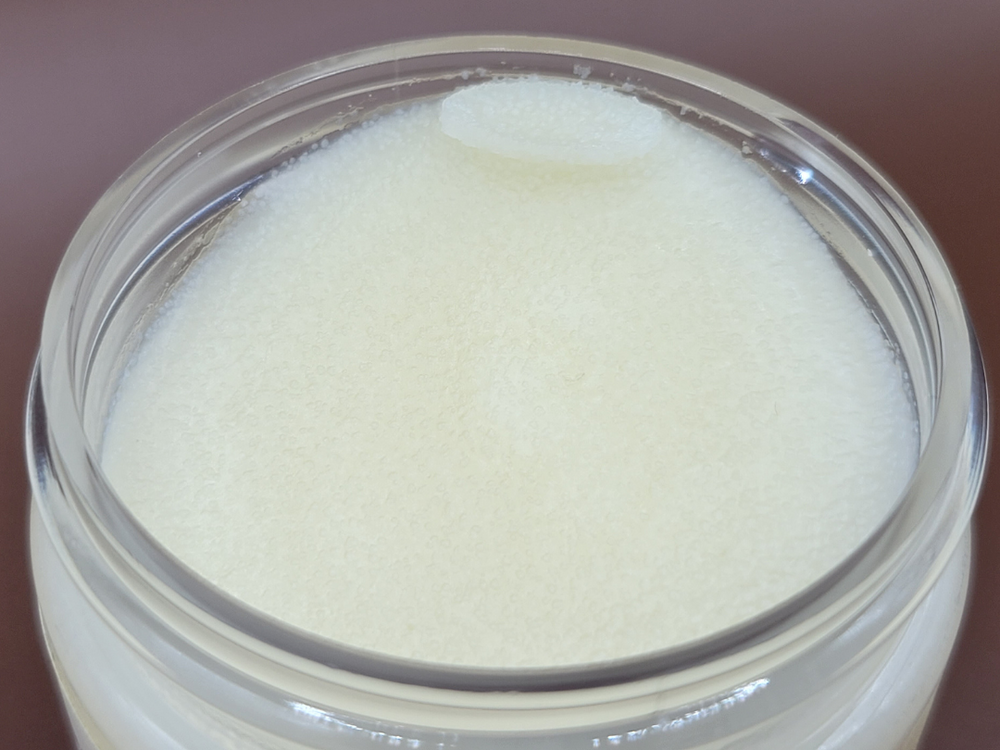
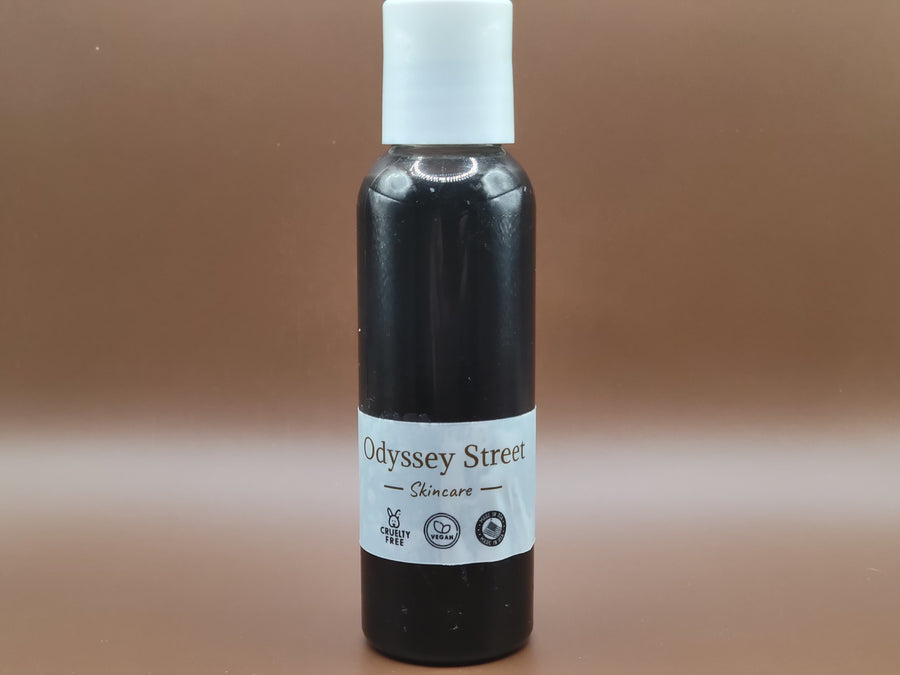
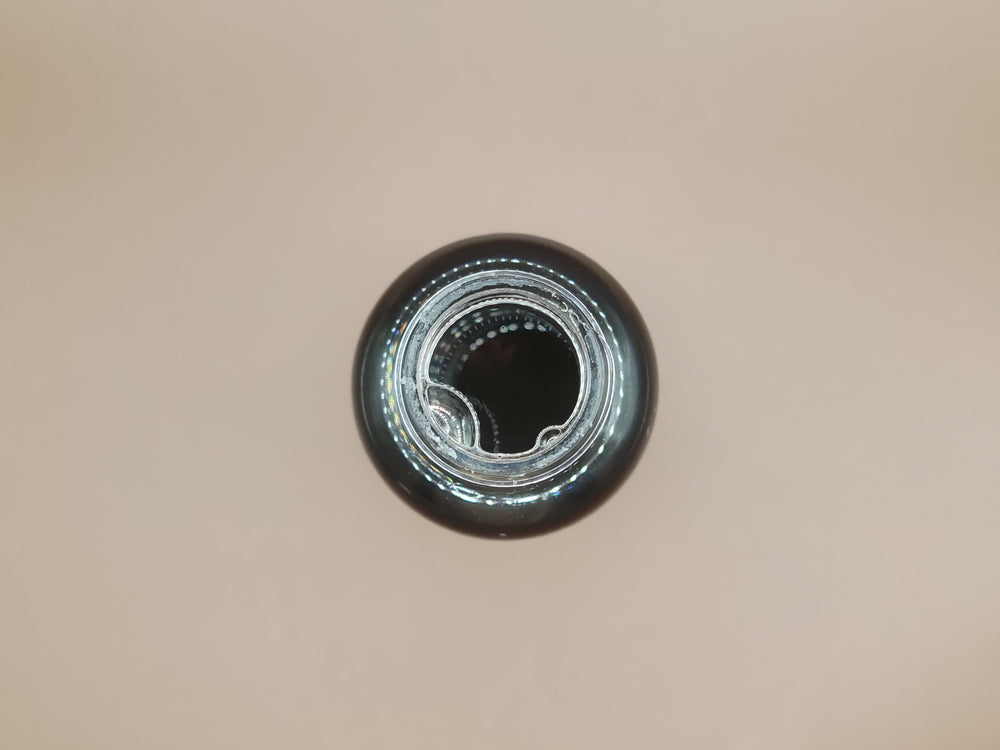
Leave a comment